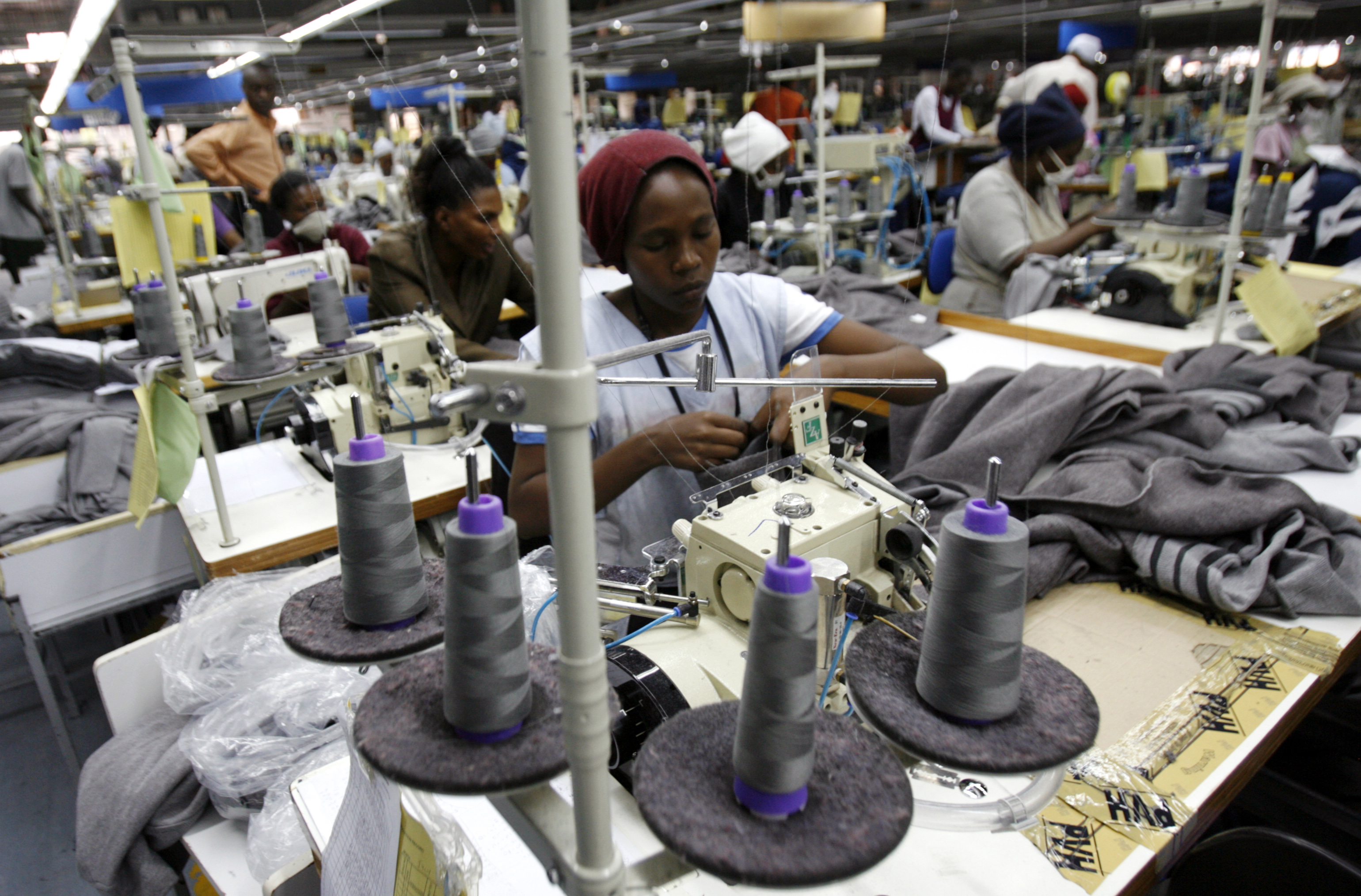In today’s interconnected world, trade plays a pivotal role in economic growth and global prosperity. However, in some instances, governments impose restrictions on trade to protect domestic industries or address other concerns. South Africa, a bustling hub of commerce, has also been subject to trade restrictions, and their implications deserve our attention.

Image: www.tourismtattler.com
Restrictions on trade refer to government-imposed measures that limit the flow of goods and services between countries. These measures can take various forms, such as tariffs, quotas, and non-tariff barriers. Tariffs involve imposing a tax on imported goods, while quotas set limits on the quantity of goods that can be imported. Non-tariff barriers encompass a wide range of regulations, including health and safety standards, technical barriers, and trade-related intellectual property rights.
The rationale behind trade restrictions often centers on protecting domestic industries from foreign competition. By raising the cost of imported goods through tariffs or limiting their availability through quotas, governments aim to create a more favorable environment for domestic producers. Additionally, non-tariff barriers can be implemented to ensure the safety and quality of imported goods, protect consumers from harmful products, or promote environmental sustainability.
However, trade restrictions can come with a double-edged sword. While they may safeguard certain domestic industries in the short term, they can also have unintended consequences for consumers, businesses, and the economy as a whole. Higher prices and reduced variety due to limited imports can burden consumers. Businesses may face increased costs and reduced competitiveness due to higher input prices. Moreover, an environment of protectionism can lead to complacency and a lack of innovation among domestic producers.
In the case of South Africa, trade restrictions have been implemented in various sectors, including textiles and clothing, agriculture, and automobiles. The impact of these restrictions has been subject to scrutiny and debate. On the one hand, some argue that they have shielded domestic industries from foreign competition and created jobs. On the other hand, others contend that they have resulted in higher prices for consumers, reduced consumer choice, and hindered economic efficiency.
Striking a balance between protecting domestic industries and promoting economic growth is a complex task. Governments must carefully weigh the potential benefits and costs of trade restrictions and strive to implement measures that foster a fair and competitive trading environment. Multilateral organizations, such as the World Trade Organization (WTO), play a crucial role in promoting free and fair trade. Through negotiations and the enforcement of trade rules, the WTO aims to reduce trade barriers and facilitate the smooth flow of goods and services across borders.
In conclusion, restrictions on trade can be a double-edged sword, with both potential benefits and costs. While they may safeguard certain domestic industries, they can also lead to higher prices, reduced consumer choice, and stifled economic growth. Governments must carefully consider the implications of such measures and seek to strike a balance that promotes both economic competitiveness and the well-being of their citizens.

Image: www.brookings.edu
Restriction Of Trade In South Africa






